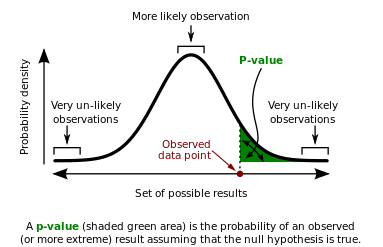"The Little Devices team at MIT develops empowerment technologies for health. We believe that innovation and design happens at the frontline of healthcare where providers and patients can invent everyday technologies to improve outcomes."
This team hack cheap devices such as toys. They take ideas and parts and turn them into medical devices. "Unless you make somebody feel a little uncomfortable you're probably not being that innovative".
http://littledevices.org/
I think this is great - I'm going to go into the next toy shop I pass.
How does this type of innovation compare with that offered by corporations seeking to make the next ubiquitous - and patented - health device? Why not find out for yourself? Littledevices offer 7 medical technology projects you can try at home.
This team hack cheap devices such as toys. They take ideas and parts and turn them into medical devices. "Unless you make somebody feel a little uncomfortable you're probably not being that innovative".
http://littledevices.org/
I think this is great - I'm going to go into the next toy shop I pass.
How does this type of innovation compare with that offered by corporations seeking to make the next ubiquitous - and patented - health device? Why not find out for yourself? Littledevices offer 7 medical technology projects you can try at home.












